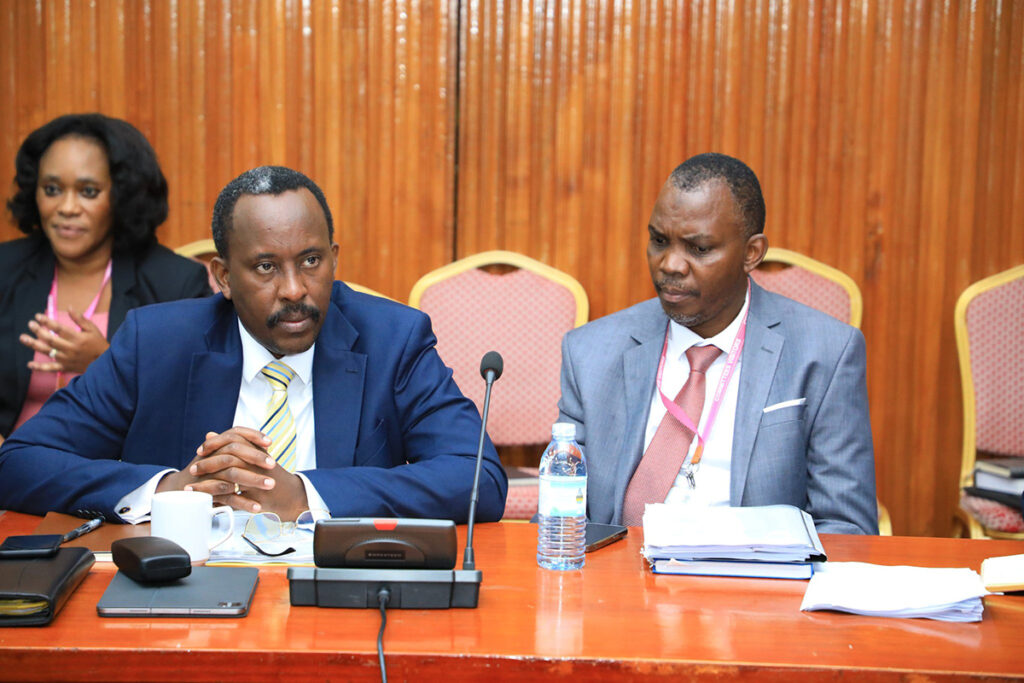Uganda Revenue Authority (URA) has requested Parliament for an extra UGX 169 billion to cater for the payment of wages of the newly recruited staff, despite the tax body failing to utilize all its wage bills for two consecutive years.
This followed a revelation by Henry Musasizi, Minister of State for Finance, that for the coming 2024/25 financial year, URA is expected to suffer a budget cut of UGX 55.73 billion due to the failure to utilise its wages for two years in a row.
Documents tabled before Parliament indicate that in 2024/25, URA’s approved budget is to the tune of UGX 564.26 billion of which, UGX 197.77 billion is for wage, UGX 321.17 billion is for non-wage expenses and only UGX 45.32 billion is for development expenditure.
This means that if the request for extra UGX 169 billion is approved by Parliament, URA’s wage bill will shoot to UGX 366.770 billion.
John Musinguzi, Commissioner General, URA who pleaded with the Committee on Finance to reinstate the reduced wages also made the case for more funds to cover salaries of the newly recruited staff. He said that all challenges that led to the underutilisation of the wage bill in the last two financial years had been sorted out.
Musinguzi also defended the need for additional wages, arguing that the Authority recently did a structural review with the focus of improving the footprint of tax collectors in the areas that URA isn’t geographically and also cover sectors where the tax body isn’t collecting efficiently in order to improve the function of risk management and strategy.
We are also setting up a small unit to monitor the tax expenditures and improve the supervision in that area. So, out of the proposed numbers for structural review, our prayer is that in the next financial year, the entire structural review requires UGX 169 billion, but our prayer is to do 60 per cent in the first year and then 40 per cent in the following year so that in two years, we are able to implement the recommended and approved new structure that will improve efficiency and tax collection, said Musinguzi.

